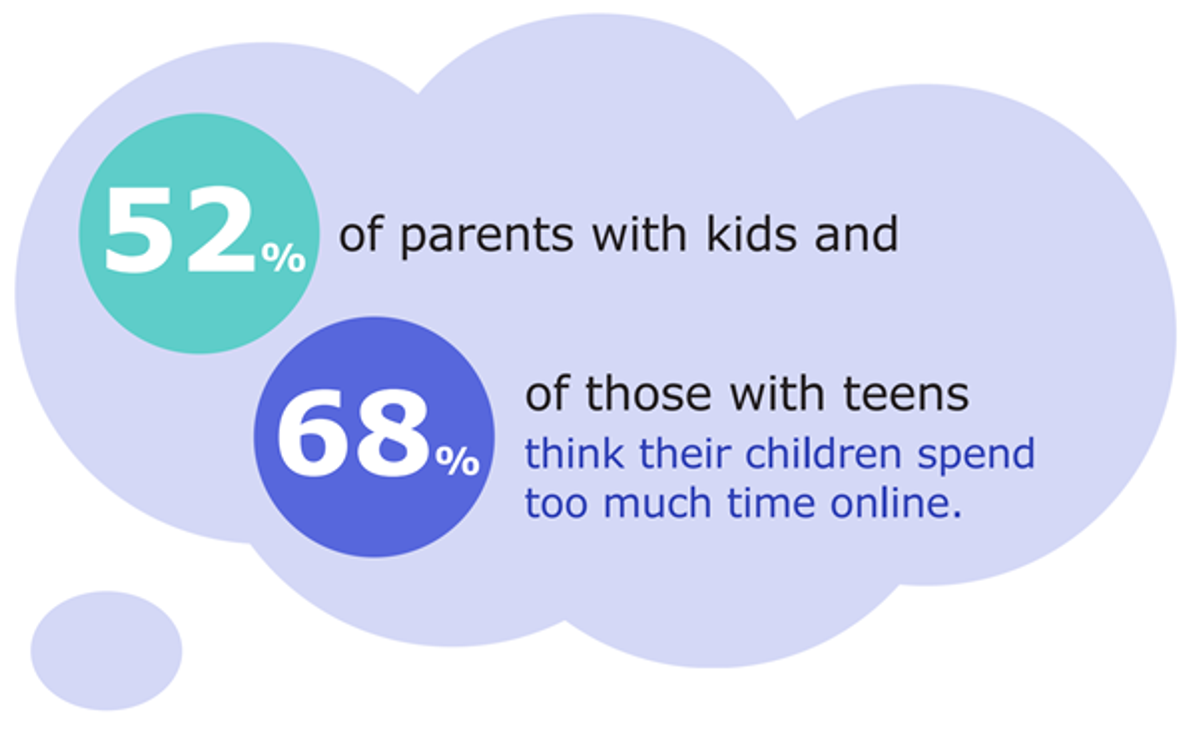From the Counsellors

Supporting parents and carers with their children's online safety
The eSafety Commissioner is an informative website that covers a range of concerns that parents may have about their children navigating online platforms.
The website provides access to information and resources on the topic of online safety and its relevance to children, young people, parents, women, seniors and educators.
Also listed are a number of free parenting webinars starting in February 2021, the first topic of which is detailed below:
eSafety's parent guide to cyberbullying and online drama
Focusing on cyberbullying and online drama, this webinar will explore how parents and carers can support young people to have safe and respectful online relationships and what to do if things go wrong. It will cover:
- Starting conversations with your child about their online friendships and positive ways to deal with changing relationships.
- Understanding the rights, laws and community expectations that govern social media use.
- Where to seek help if your child is involved in a cyberbullying incident.
The webinar will also include relevant case studies, research and targeted advice.
To register for this event, please click here.
If cyberbullying is a concern for you and you want to know more about what you can do to protect your child, click on the link below for a guide to online bullying for parents and carers: www.esafety.gov.au/parents/big-issues/cyberbullying
If time online is a concern for you and you are seeking ways to balance your child's or teen's online and offline time, there are some great resources here: www.esafety.gov.au/parents
Signs that your child's online activity may be having a negative impact on them, or on your family, include:
- Less interest in social activities like meeting friends or playing sport.
- Not doing as well at school.
- Tiredness, sleep disturbance, headaches, eye strain.
- Changes in eating patterns.
- Reduced personal hygiene.
- Obsession with particular websites or games.
- Extreme anger when being asked to take a break from online activity.
- Appearing anxious or irritable when away from the computer.
- Becoming withdrawn from friends and family.
For more information on how to help your child achieve a healthy balance in their online and offline activities, including a range of downloadable resources, visit: www.esafety.gov.au/parents/big-issues/time-online
If you would like further support with your child's online safety, please contact us.
Gai Bath (Kinder–Year 6) and
Rachel Sylvester (Year 7–12)
SMC Counsellors


